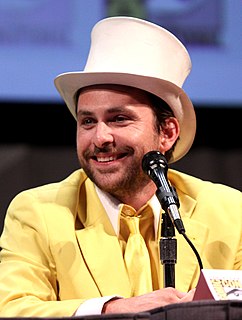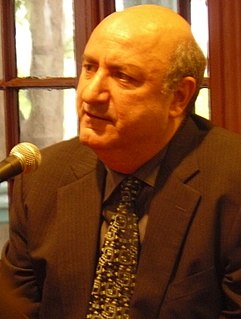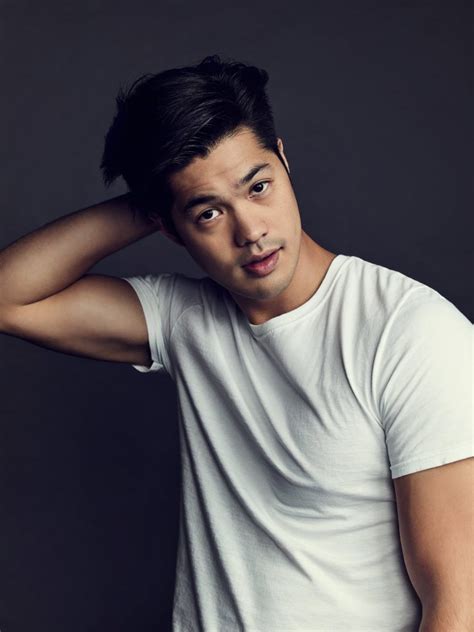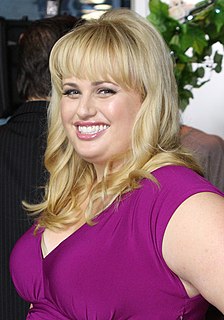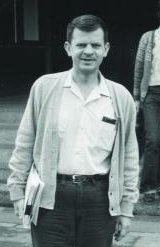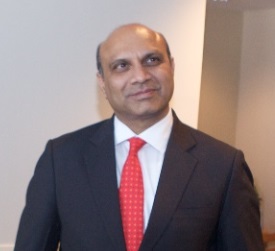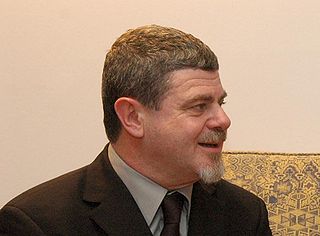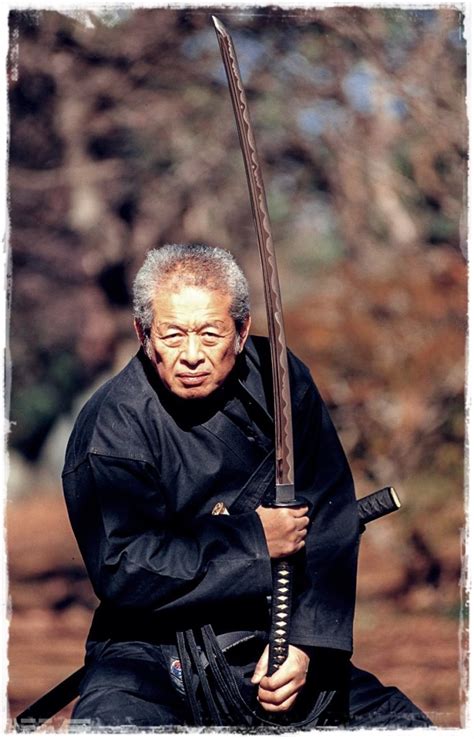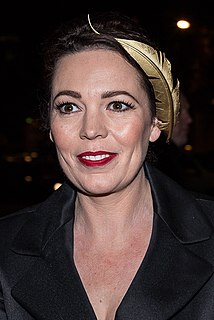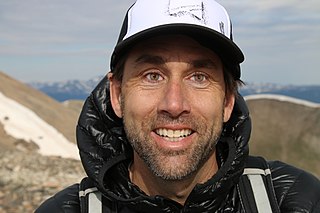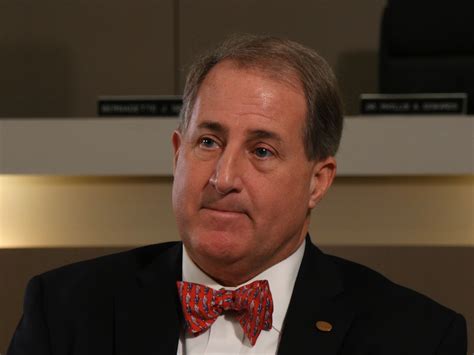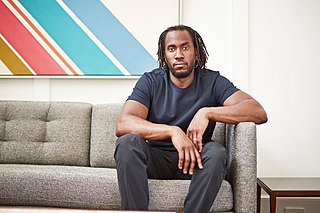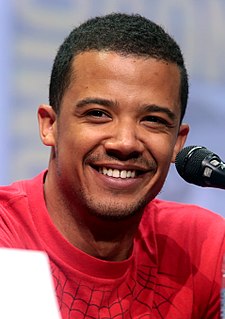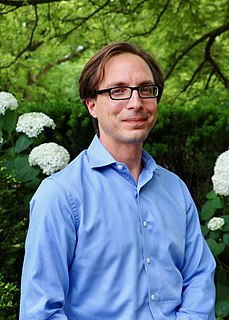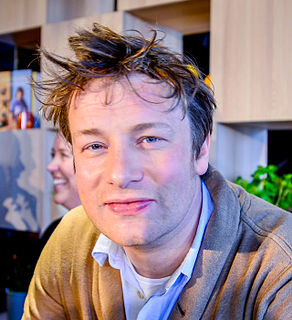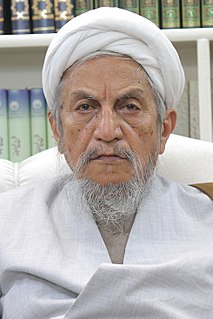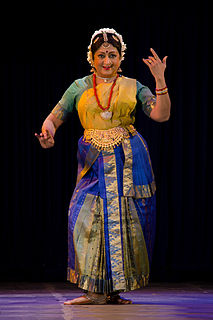Top 1200 Academic Life Quotes & Sayings - Page 16
Explore popular Academic Life quotes.
Last updated on December 21, 2024.
Productivity-the amount of output delivered per hour of work in the economy-is often viewed as the engine of progress in modern capitalist economies. Output is everything. Time is money. The quest for increased productivity occupies reams of academic literature and haunts the waking hours of C.E.O.s and finance ministers.
The world has today 546 nuclear plants generating electricity. Their experience is being continuously researched, and feedback should be provided to all. Nuclear scientists have to interact with the people of the nation, and academic institutions continuously update nuclear power generation technology and safety.
Being treated by a doctor who specializes in your kind of cancer is so important, especially for those of us who have rare or very rare cancers. They will have access to newer treatment options that may be offered only at big academic cancer centers, so you don't miss out on treatments that could help you.
One of the greatest predictors of academic success that exist is the emotional stability of the home. So if parents are interested in education reform, they should also be interested in how they conduct themselves in front of their children. If they are homeschooling their kids, they are even more exposed, so the idea is even more important.
You know lots of criticism is written by characters who are very academic and think it is a sign you are worthless if you make jokes or kid or even clown. I wouldn't kid Our Lord if he was on the cross. But I would attempt a joke with him if I ran into him chasing the money changers out of the temple.
A lot of things look good on an academic's blackboard in terms of the actions that need to be taken. It's almost like a football coach, when you draw the X's and O's: Every play that is chalked on that board goes for a touchdown. Well, there are a lot of yards to be made between the line of scrimmage and the touchdown.
When we study Shakespeare on the page, for academic purposes, we may require all kinds of help. Generally, we read him in modern spelling and with modern punctuation, and with notes. But any poetry that is performed - from song lyric to tragic speech - must make its point, as it were, without reference back.
Combinatorial analysis, in the trivial sense of manipulating binomial and multinomial coefficients, and formally expanding powers of infinite series by applications ad libitum and ad nauseamque of the multinomial theorem, represented the best that academic mathematics could do in the Germany of the late 18th century.
The whole life-effort of man is to get his life into direct contact with the elemental life of the cosmos, mountain life, cloud life, thunder life, air life, earth life, sun life. To come into immediate felt contact, and so derive energy, power and a dark sort of joy. This effort into sheer naked contact, without an intermediary or mediator is the root meaning of religion.
I've always felt I had more in common with the modernist approach than with postmodernism, but I can see where the connection might arise - and to be honest, I'm no academic, so I tend to use these words, like in Alice In Wonderland, to mean what I want them to mean rather than what they actually do mean.
Boston is both a world-class city, home to some of the best academic and medical institutions on the planet, and a quirkily parochial place, where one of the biggest annual sporting events involves college hockey players competing for a beanpot and where generations of baseball fans actively believed they were victims of a curse.
In the academic setting, you take (typically) lonely, interesting middle-aged men and beautiful, intelligent young women, and everybody's motivations for display and conquest are engaged to the max. Sublimated, this can be a powerful force for the good - Plato had a lot to say about that - but acted upon it can bring evils without end.
As I talk about strengths and weaknesses in academic economics, one interesting fact you are entitled to know is that I never took a course in economics. And with this striking lack of credentials, you may wonder why I have the chutzpah to be up here giving this talk. The answer is I have a black belt in chutzpah. I was born with it.
Undergraduates today can select from a swathe of identity studies.... The shortcoming of all these para-academic programs is not that they concentrate on a given ethnic or geographical minority; it is that they encourage members of that minority to study themselves - thereby simultaneously negating the goals of a liberal education and reinforcing the sectarian and ghetto mentalities they purport to undermine.
Complexity and obscurity have professional value - they are the academic equivalents of apprenticeship rules in the building trades. They exclude the outsiders, keep down the competition, preserve the image of a privileged or priestly class. The man who makes things clear is a scab. He is criticized less for his clarity than for his treachery.
I believe I'm very conscious of exactly what I'm doing. I'm auditioning lines of dialogue, and I'm interrogating whether the lines would translate from Russian into English the right way. The English that results can perhaps seem somewhat more formal than colloquial, but not so formal as to feel academic.
I spent many years in college studying English literature. I was on the verge of attending grad school to get a Ph.D. in Renaissance poetry - my lost careers were being a writer, artist, or academic. Do I regret spending all that time poring over Shakespeare when I could have been getting a jump start on the competition? Not at all.
I decided to become a teacher because I thought it would be a great career where I could wear different hats. You're an academic one moment, and you're a psychologist the next moment, an athlete the next moment... when you are out on the playground or coaching...so it enables you to play different roles.
This is an historic day for American public education and for our nation as we begin the journey to level the academic playing field for every student. State Boards of Education are ready to play an active role in this process and some have already started the progression of adoption. We are eager to move this agenda forward.
"Poetry" refers to the quite challenging and quite resistant sets of words put together to be admired and interpreted by people who are already into that sort of thing, somewhat analogous to free jazz or academic classical music. Which is stuff that I really like, but is late modernist and is going to have a limited audience.
I'm in a profession with a dismal success rate, in an academic field with a dismal hiring rate. And I don't write, really, about any of that - rather the institutional structures I've negotiated my way through, with healthy doses of luck, provide a breathing, parasitic glimpse into the bureaucratic monolith of the creative-degree machine.
With my academic achievement in high school I was accepted rather readily at Princeton and equally as fast at Yale, but my test scores were not comparable to that of my classmates. And that's been shown by statistics, there are reasons for that - there are cultural biases built into testing, and that was one of the motivations for the concept of affirmative action to try to balance out those effects.
I had to run away from home in order to be a musician. Because I came from a family of... my father was a health inspector; my mother was a social worker. And I was pretty smart in school. So they expected me to be some kind of academic - schoolteacher, or doctor, lawyer - and they were very disappointed when I told them I wanted to be a musician.
BERTRAND RUSSELL, The Philosophy of Logical Atomism We've associated that word philosophy with academic study that in its own way has gotten so far beyond the layman that if you read contemporary philosophy you've no clue, because it's almost become math. And it's odd that if you don't do that and you call yourself a philosopher that you always get 'homespun' attached to it.
The leaders of the Pahlavi regime, in an attempt to forestall the rising tide of the Islamic revolutionary movement, were hard at work to cast doubt on the question of the Imam Khomeini's position as a Marja'a (a top religious authority) and in this way, undermine public faith in his academic, political and religious competence.
The Chinese traditionally have revered age and longevity - I have one and hope for the other! - so, in Taipei, a city-hub for global Chinese who dis-identify with the People's Republic of China's construction of a Communist nationalist Chineseness, I called on the Chinese muse of writing to witness my emergence out of the academic woods.
Productivity - the amount of output delivered per hour of work in the economy - is often viewed as the engine of progress in modern capitalist economies. Output is everything. Time is money. The quest for increased productivity occupies reams of academic literature and haunts the waking hours of C.E.O.s and finance ministers.



